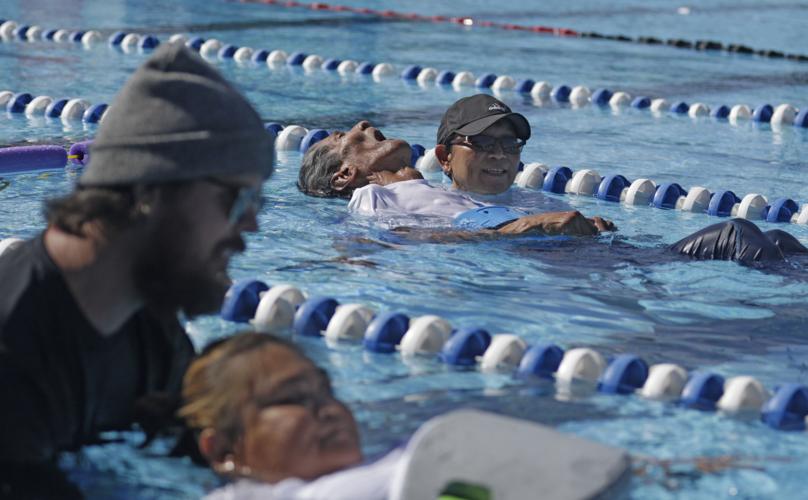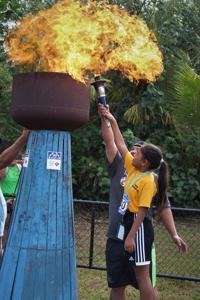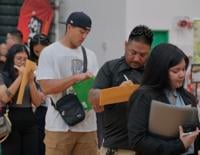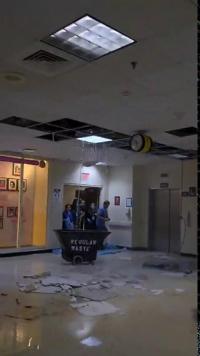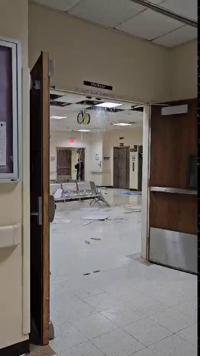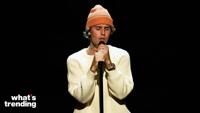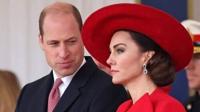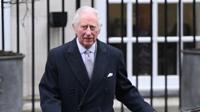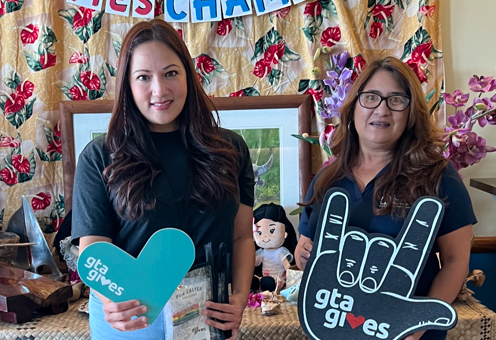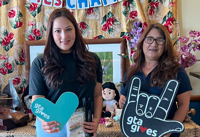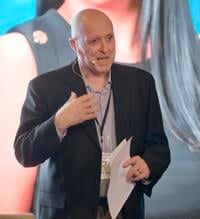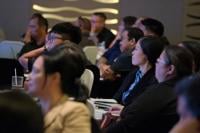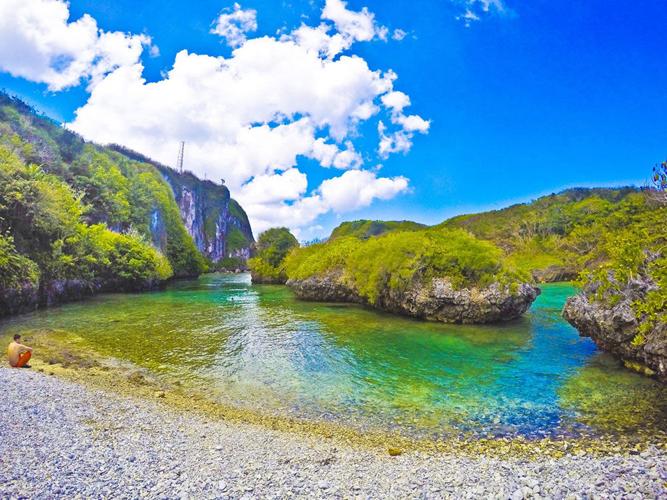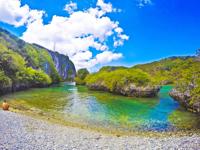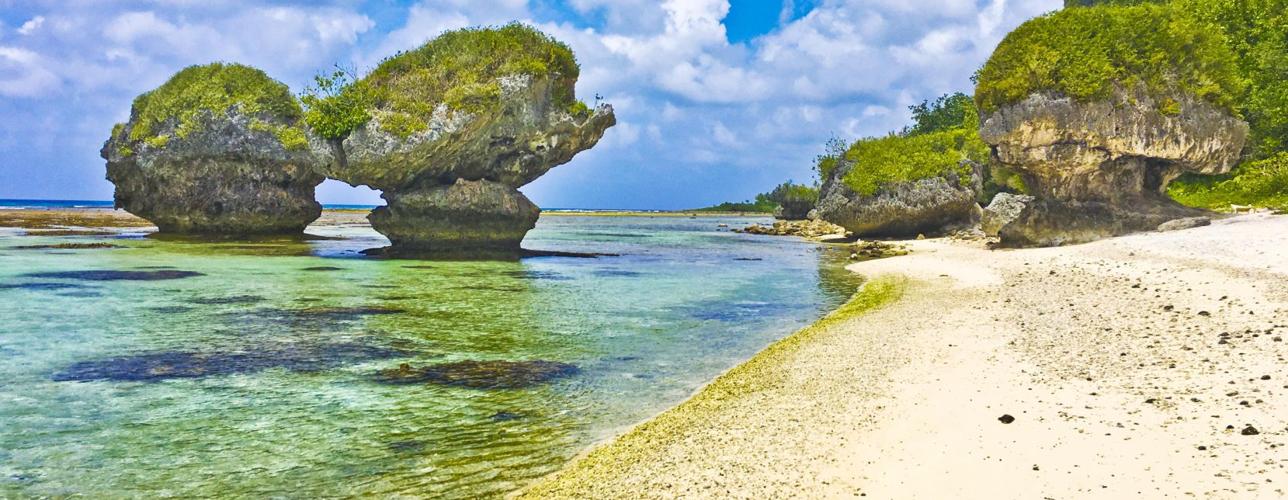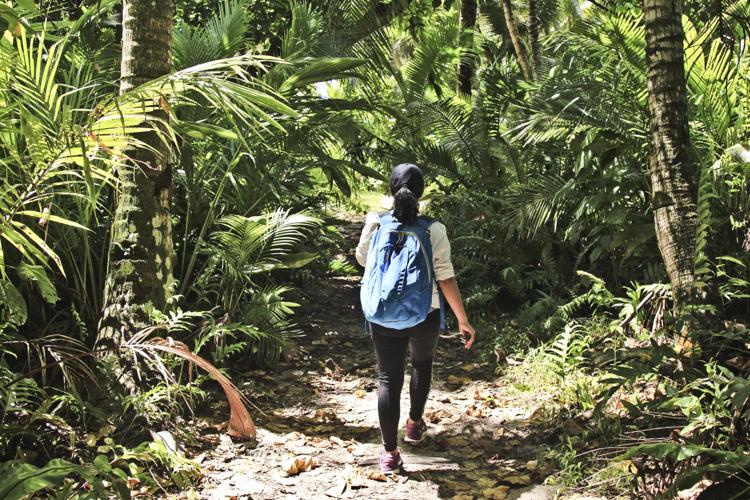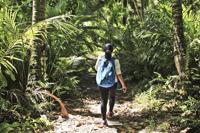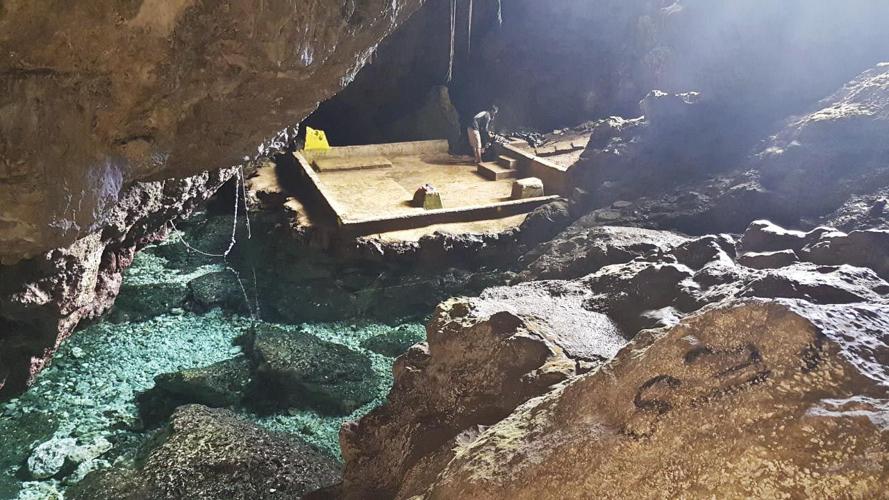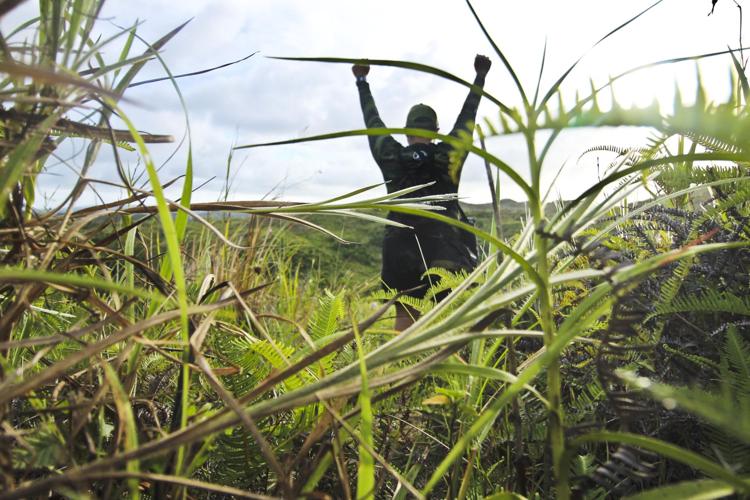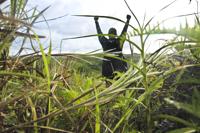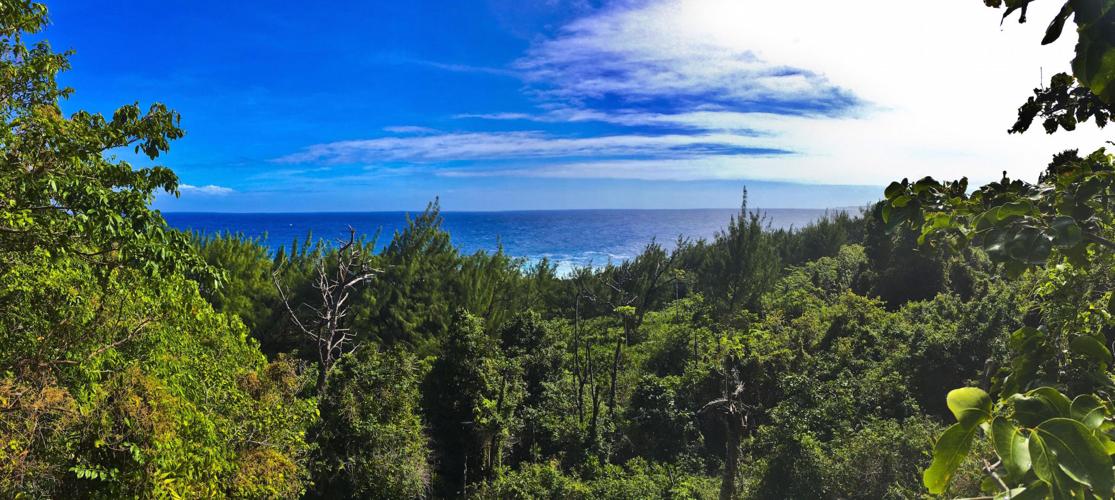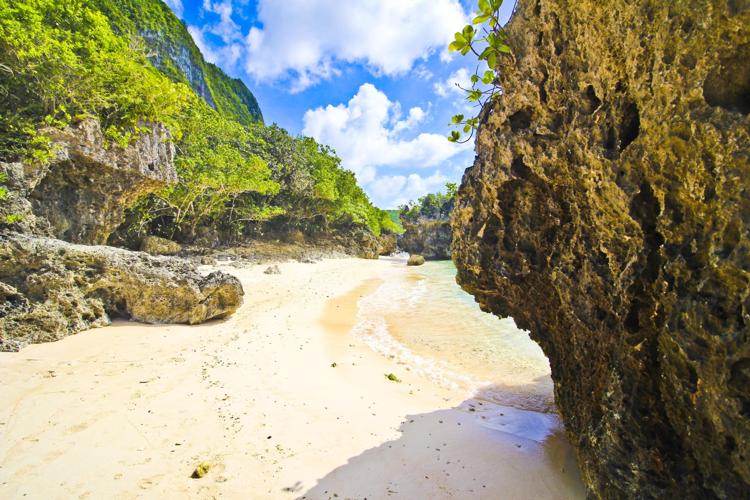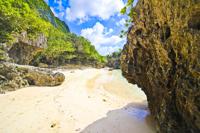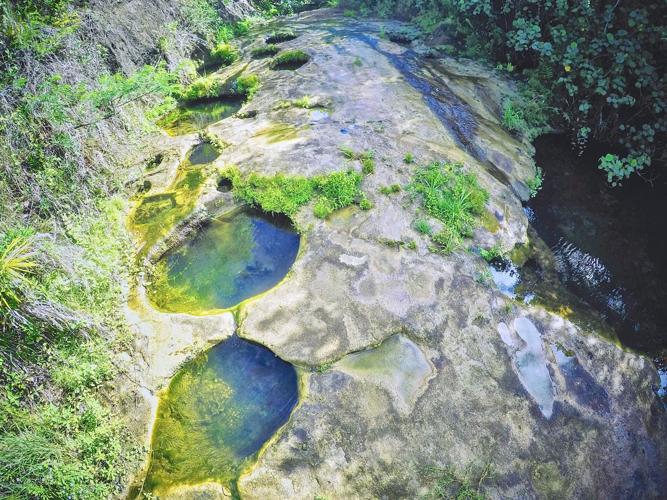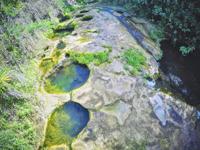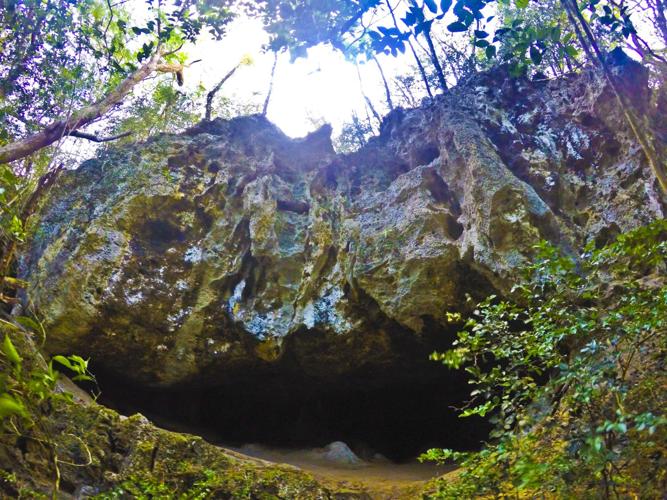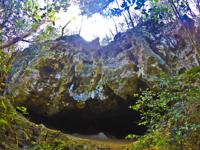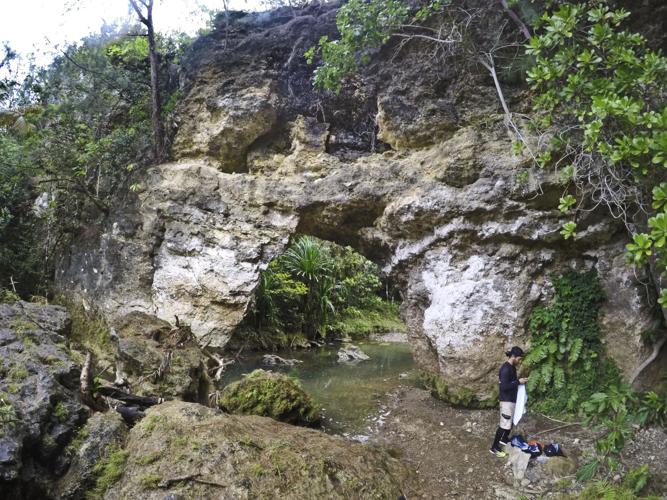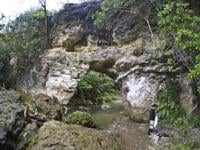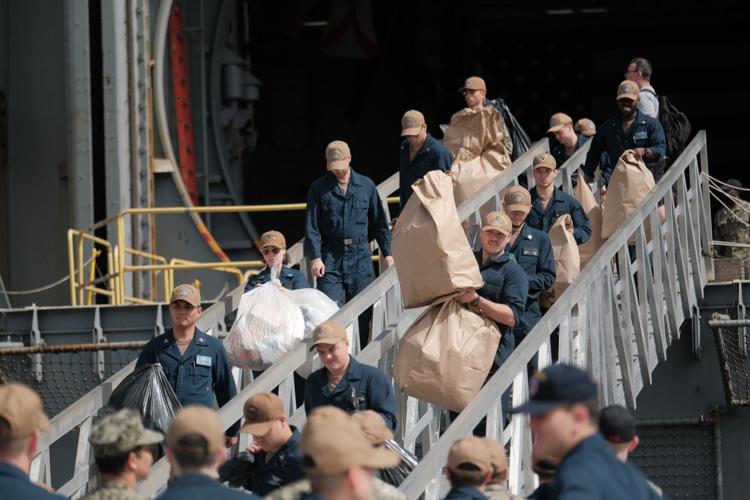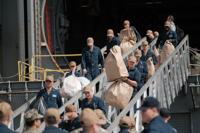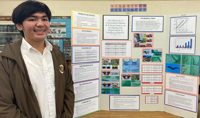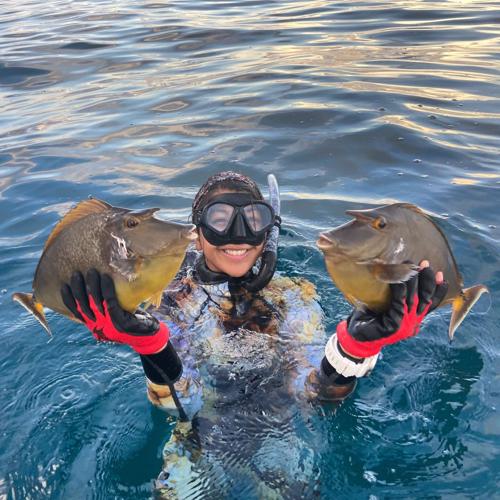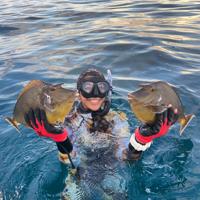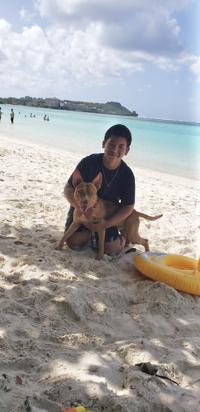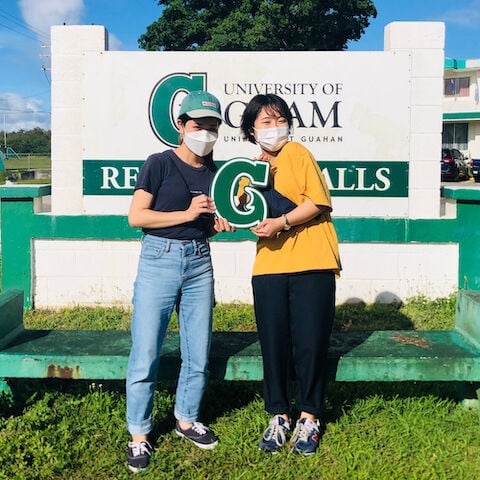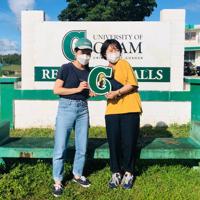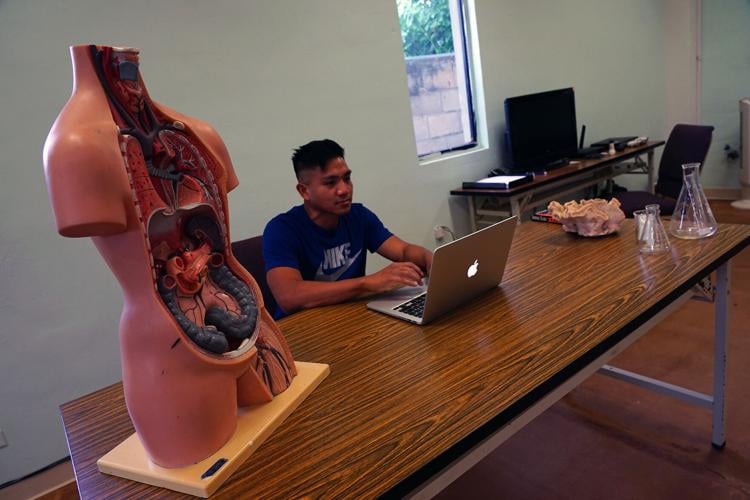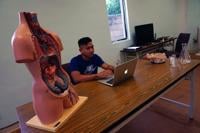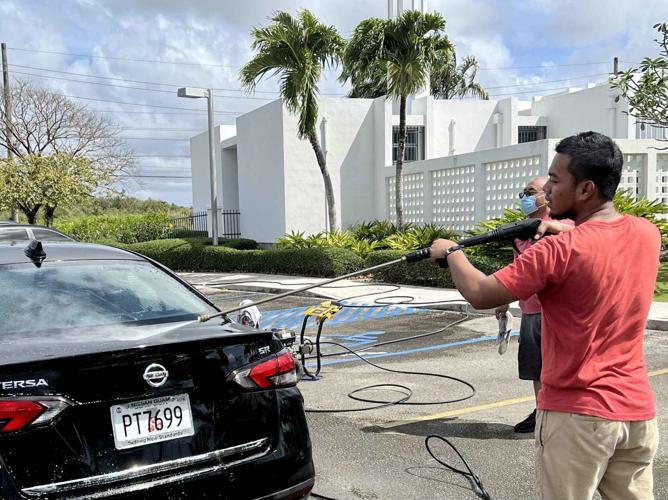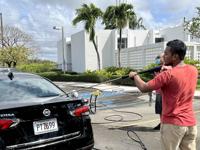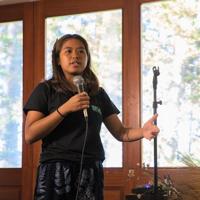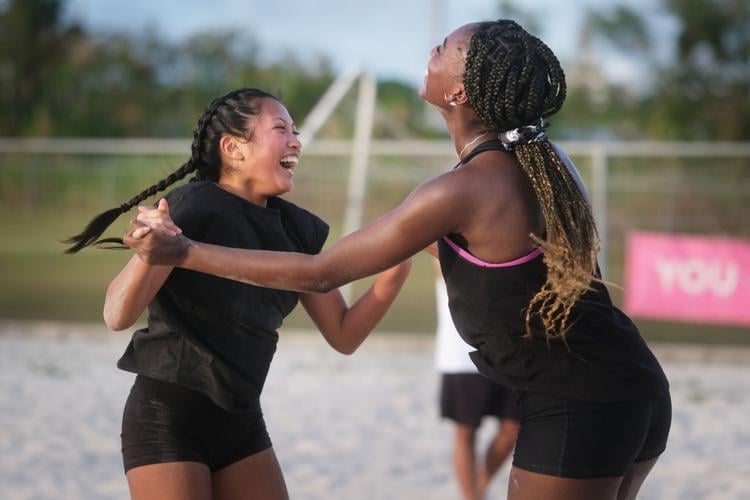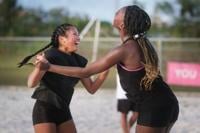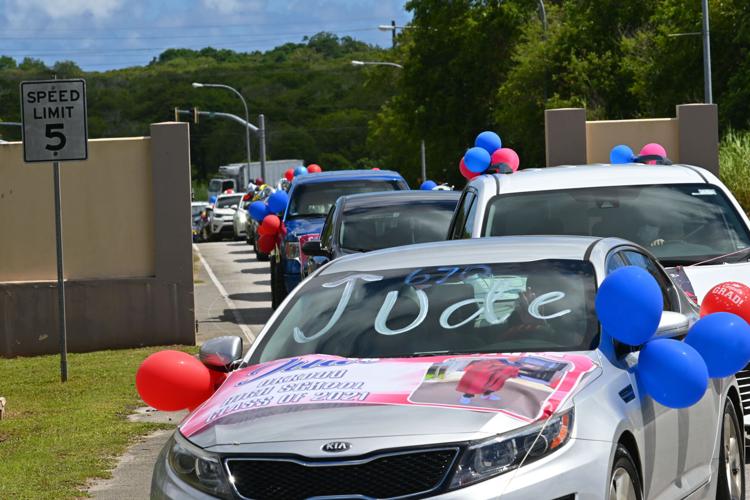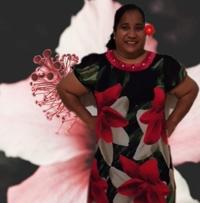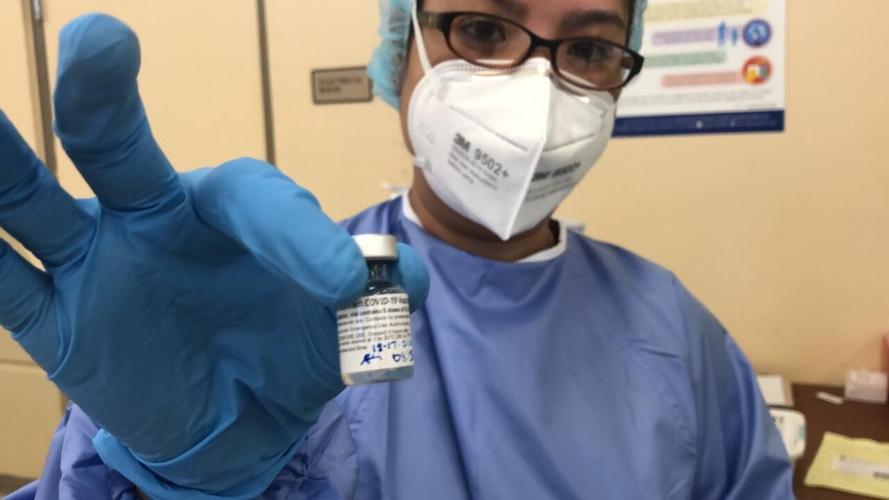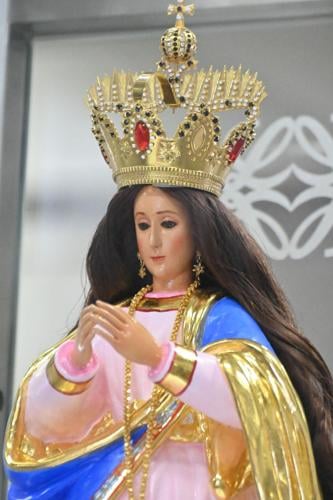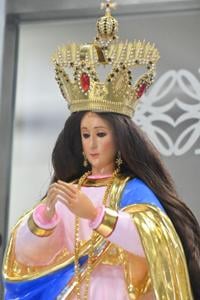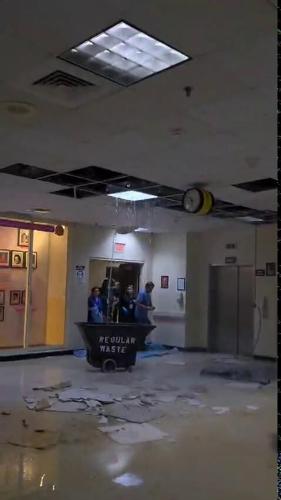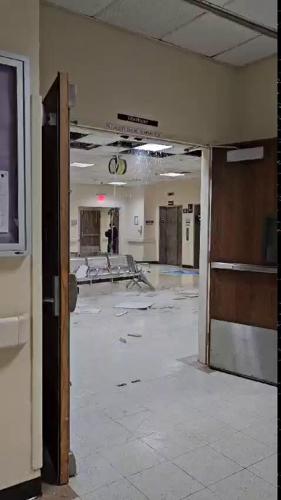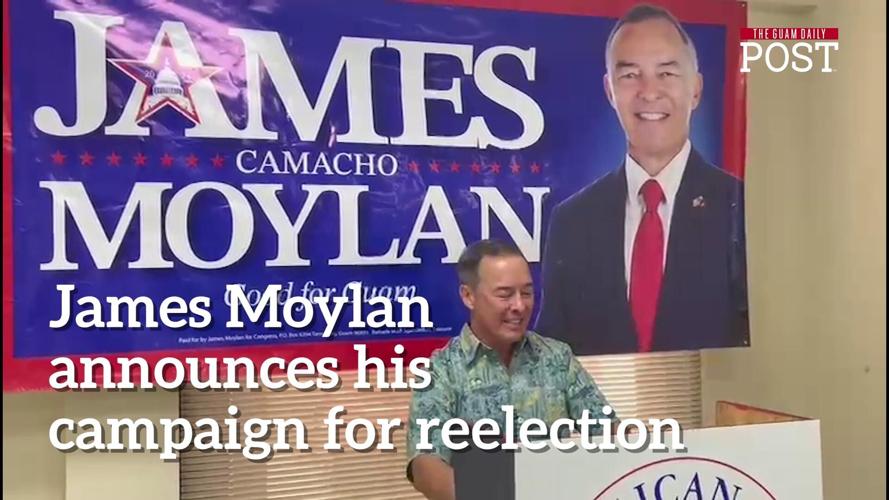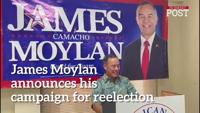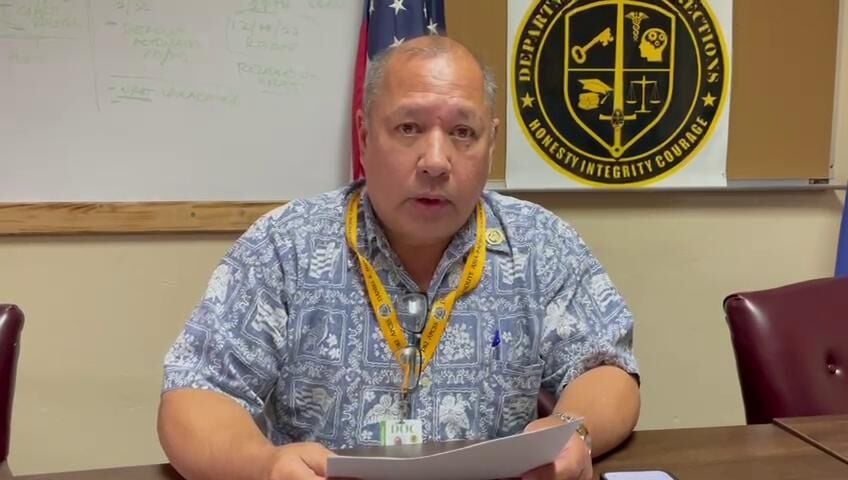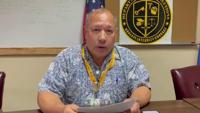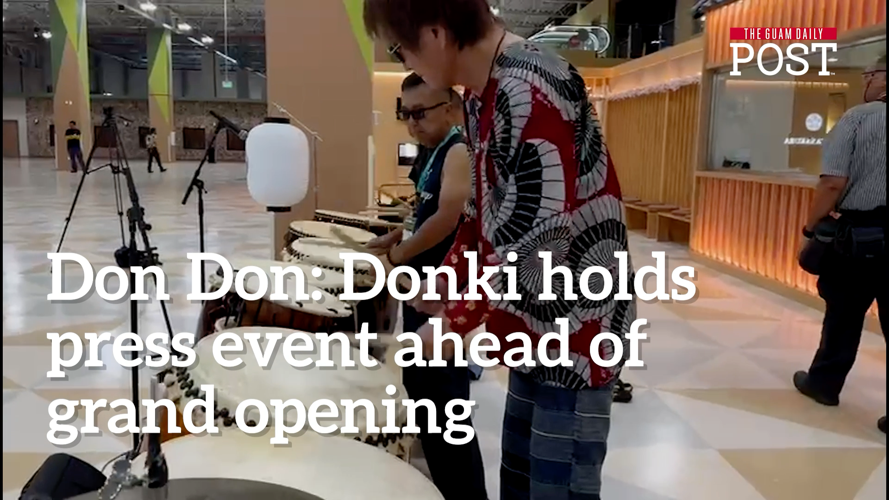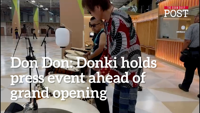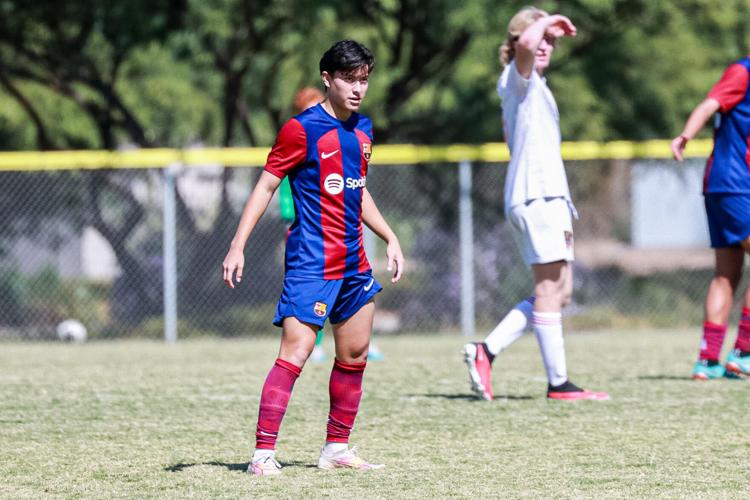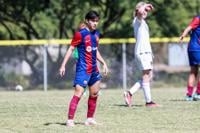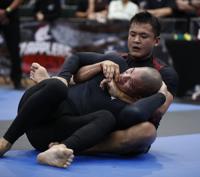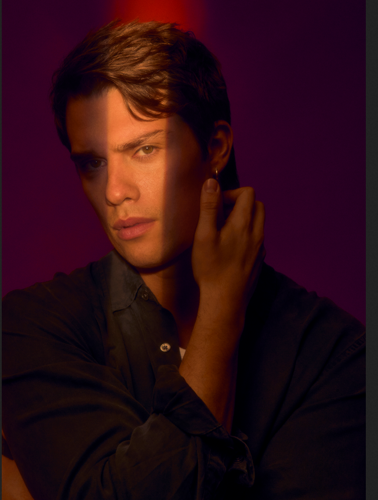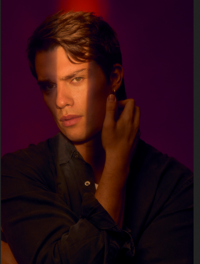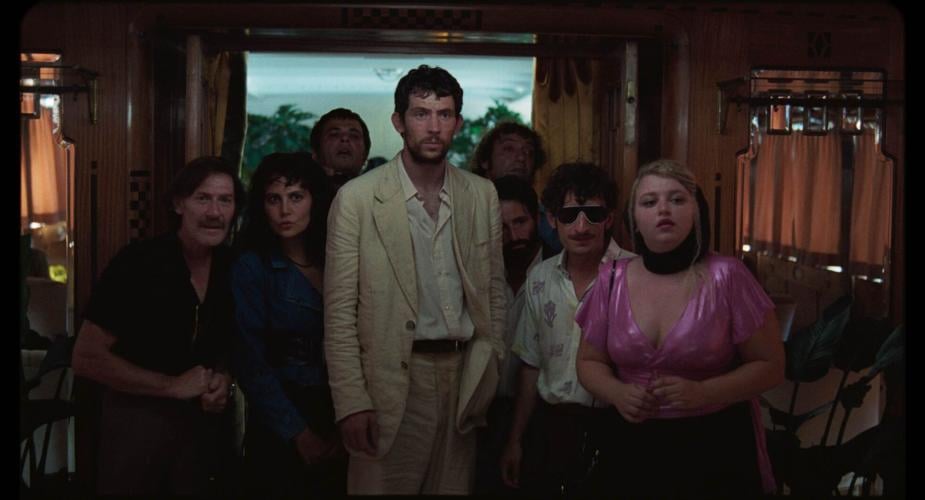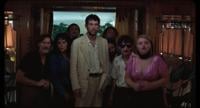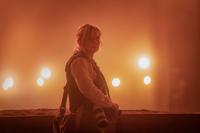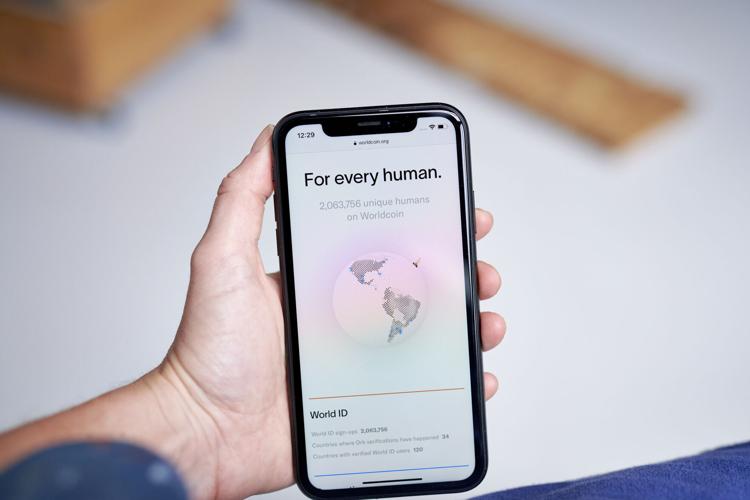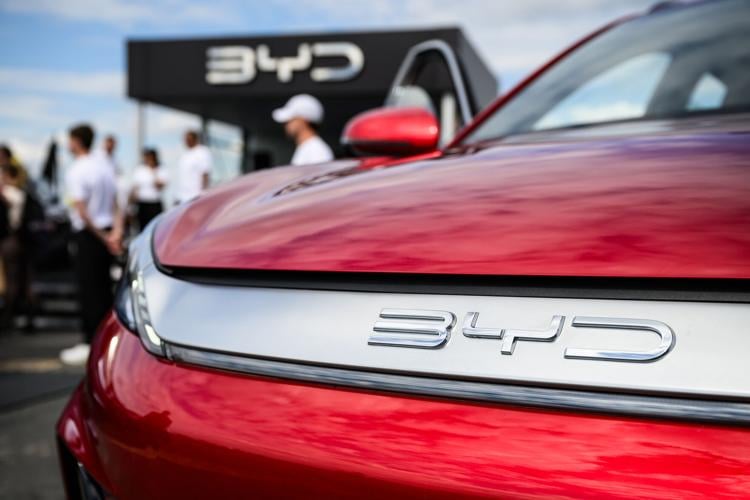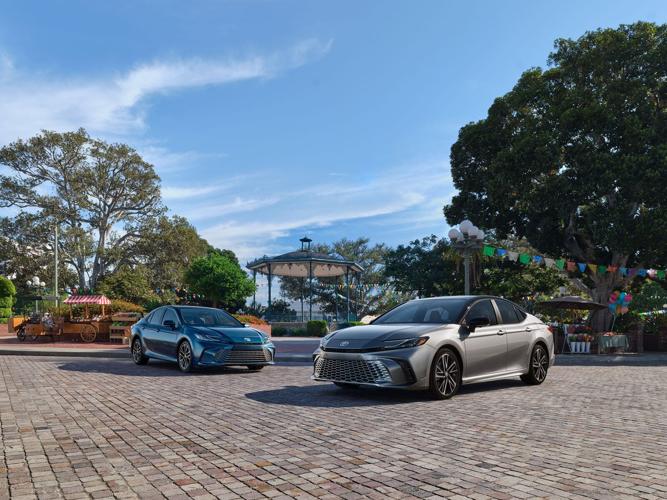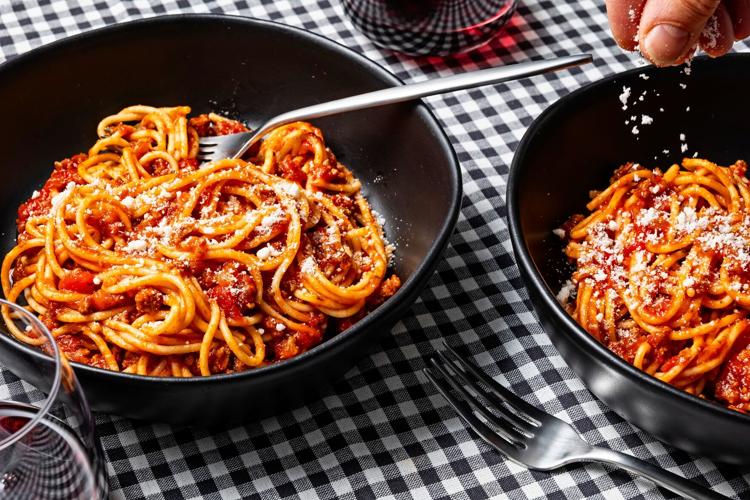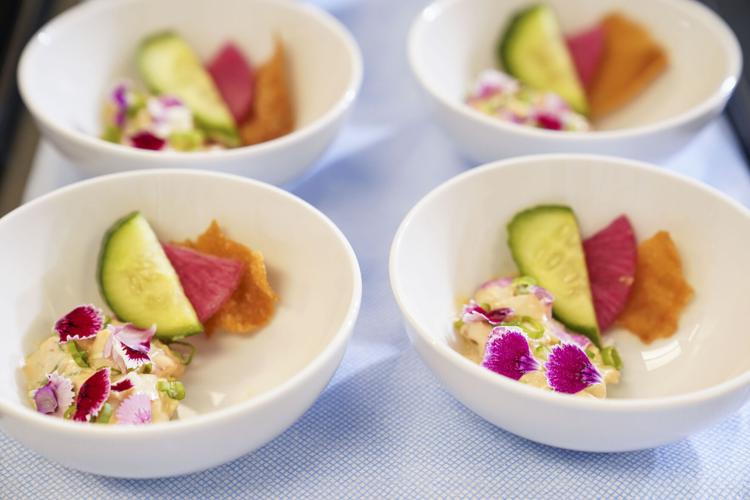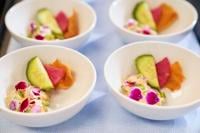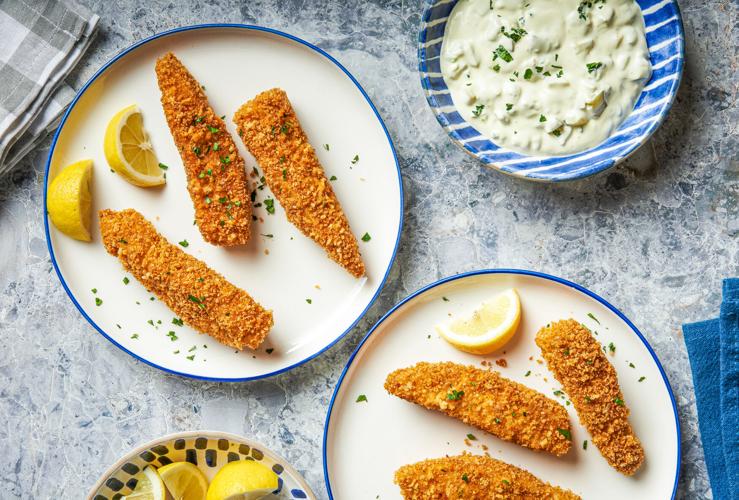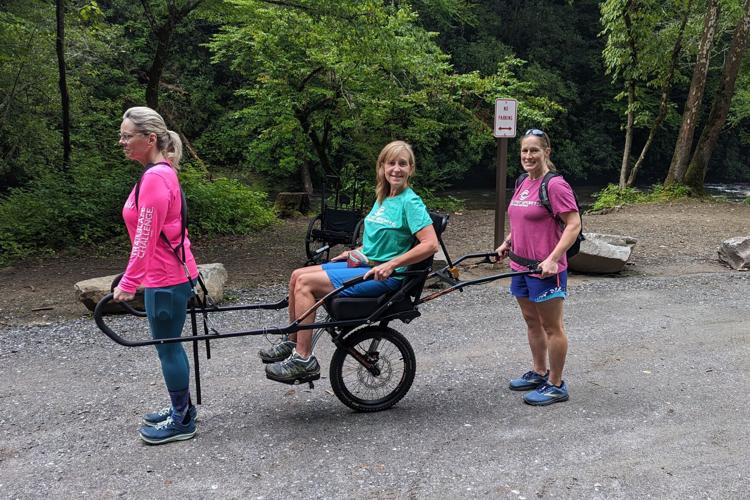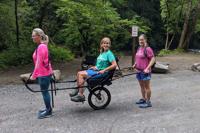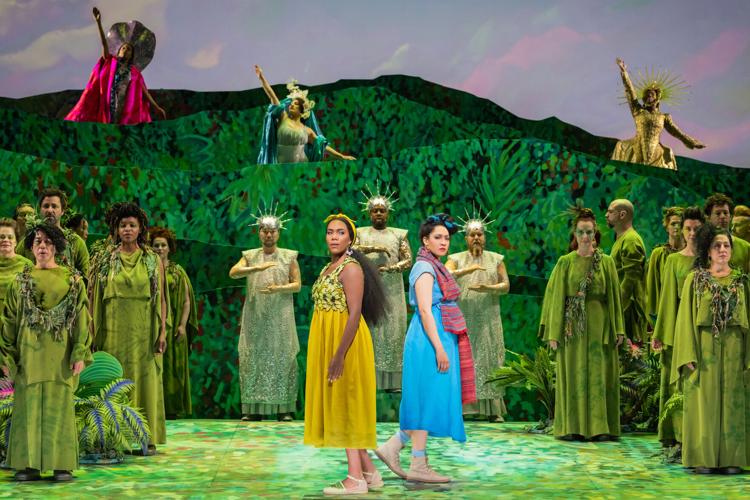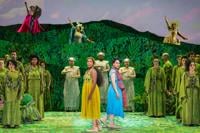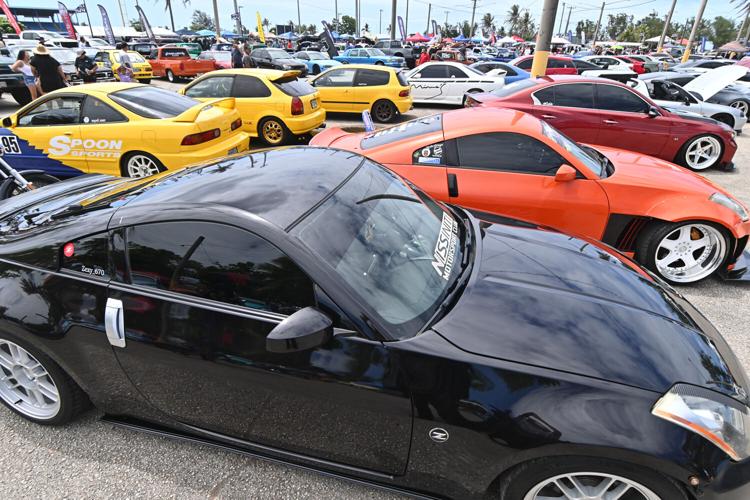Editor's note: This is the first in a series of articles by freelance sports reporter Shane Healy, chronicling one of the island's most-important sports organizations and how the COVID-19 pandemic has affected its athletes, volunteers and the community. In subsequent stories, the Post will share insight into what SOGU athletes and their families have been experiencing while locked down during the coronavirus crisis.
In these difficult times, some of the most vulnerable people in our community are affected the most. Special Olympics Guam is experiencing that firsthand as they have been unable to host any events for their athletes since their flagship track and field event, scheduled to be held in March, was canceled due to the COVID-19 pandemic. This is particularly hard considering Special Olympics Guam was on an uptick, planning more events and including more sports for the athletes.
What started out as an organization offering two sports, track and field and aquatics, it has blossomed into a multidimensional athletic dynasty, giving athletes a chance to compete and raise awareness alongside unified partners in bowling, softball, soccer and badminton.
Special Olympics Guam was dealt a heavy blow at the beginning when the COVID-19 pandemic prevented them from hosting their annual track and field event on March 14. The event was predicted to draw over 400 athletes and 1,500 volunteers. President and CEO of Special Olympics Guam, Frank Florig, and the Special Olympics Guam board members struggled with the decision to cancel, but it proved to be the right one.
“We (the board) looked at the pros and cons and everyone that was going to be affected by our event such as our athletes, coaches, volunteers and sponsors,” Florig said.
We decided to cancel the event not knowing when COVID-19 would hit us, or how long it would last, he added.
The decision to cancel the event was announced March 10 at a press conference. Guam had its first positive case of COVID-19 on March 15, one day after the track and field event was supposed to be held.
“It was really hard to let people know our event wasn’t going to happen. I thought we were going to get resistance from the public, but we didn’t,” Florig said. “There was a little resistance from the athletes who had been training nine weeks for the event but their families and caretakers understood 100%.”
In the meantime, Florig, the board members and committee members of Special Olympics Guam are using the time off to find ways to better the program.
“We are going through training processes through Zoom with Special Olympics International and Special Olympics Asia Pacific," Florig said. "Our committee and board members are learning on how to adapt to a post-COVID world.”
In the short term, instructional exercise videos are being sent to athletes so they can work out at home. Virtual events will also be held in the coming months so Special Olympics Guam can begin a dialogue with the community and provide any resources to better educate themselves during these confusing times.
Next year will mark Special Olympics Guam’s 45th year on island, and Florig has hopes of starting the year off with a bang, but understands the rest of the community is struggling as well.
“Special Olympics Guam belongs to the community. Without the community, we do not have a program," he said. "COVID couldn’t have better demonstrated that because we are now working harder than ever to keep the program alive.
"We are hopeful to not lose our sponsors, donors, or volunteers, but even if we do, they will always be a part of our family.”

